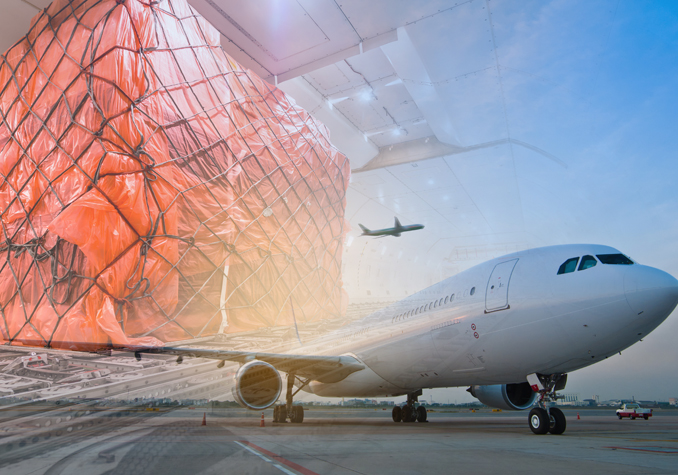Air cargo warned: ‘be prepared for China-Europe rail services to lure business away’
The CEO of DHL Global Forwarding for Eastern Europe has informed that transporters are gradually more becoming attracted to rail freight services between two countries, China and Europe, which poses a threat to other methods of cargo.
On the occasion of Caspian Air Cargo in Baku, Kerem Inanc said that clients laid more significance on decreasing emissions of the carbon dioxide CO2, and as an outlay continue to pressure industries, rail would come to be a major trial to air cargo. He said that the rail connection is with fast trains, and it is growing rapidly.
He further added that the only things passed by train service from China have been small margin goods usually passed by ocean. According to Kerem Inanc the safe and secure, electronically sealed, properly wrapped and temperature-controlled, containers destined that delicate and high worth goods and chattels and life science products could now be conveyed safe and sound on the ever successful rail services.
He revealed another major challenge for the air cargo industry that the rail cargo services are running like a Swiss watch. “There are no visible variations, no capacity limitations and LCL shipments are now taking place very positively. It shows that the lesser emissions of rail gave it a new major benefit.
The customers of DHL Global Forwarding were waiting for some new invention new development and wants new options for the change of their supply chain models. The customers want something new from the company. He warns to air cargo industry that primed yourself.
According to Inanc price competitiveness and consistency were both serious and air cargo was covering other methods in technology and distribution data. For the benefits of the customers the information is as essential as the goods distribution.
The air cargo industry is only one step behind from some of these methods. The global business development manager at Kuehne + Nagel for perishable things, Natasha Solano also expressed the warning of modal shift to air cargo.
There is a greater difference in temperature in sea and air freight. The air freight temperature is greater than the marine. According to Natasha Solano the modal shift would come because of less emission, lesser price and a healthy cold chain. She mentioned a berry company which had saved €300,000 in claims by transfer its fruit on freighters.
Global trends meant air cargo would still have a prestige in the perishables logistics market, owing to growing global demand for imported foods as well as larger consumption of berry and vegetables in the markets.













